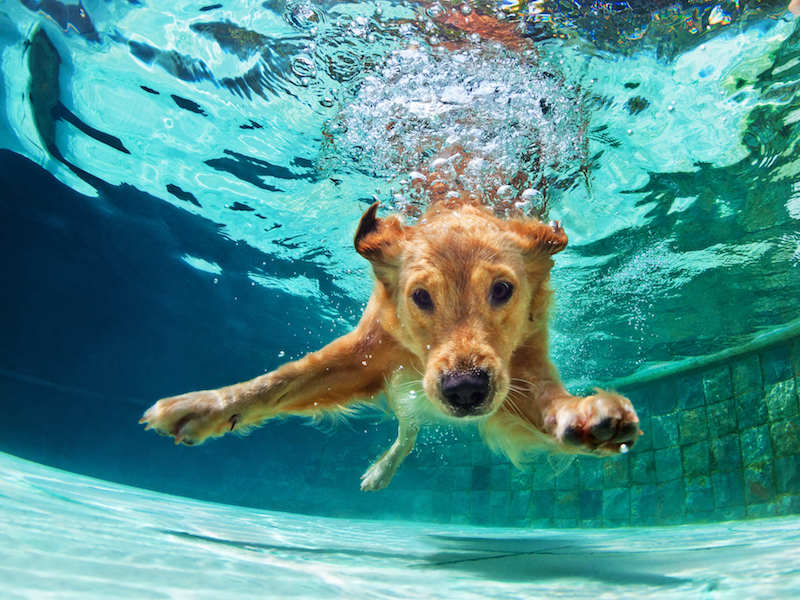
There are a lot of different things that can damage the delicate technology that makes a hearing aid work the way it does, but few have the impact of water. In fact, you could call moisture kryptonite for hearing aids. Taking that into consideration, humidity is a big problem.
Permanent damage is done by moisture that you can’t see. It’s important to educate yourself about why humidity damages hearing aids.
What is Humidity?
Even though the word humidity is very common, what does it actually mean? PBS defines humidity as water molecules in the air. When presented as a percentage, for example, the relative humidity is 40 percent today, it refers to the amount of water vapor in the air compared to what air could hold. The higher the percentage, the wetter everything feels.
Humans are very sensitive to humidity because sweat is the most effective way to cool down the body. When humidity levels are high our sweat won’t evaporate as quickly. Moisture and electronics don’t mix well and that includes hearing aids.
Understand Humidities Effect on Hearing Aids
Strangely enough, electronic devices are not just sensitive to high humidity but low levels as well. When it’s too damp, the delicate electronics will accumulate condensation. When it’s too dry things become more brittle.
Internal electronics are the reason your hearing aids work. An advanced audio processing chip controls noise levels in a newer hearing aid. It’s what is behind elegant functions like:
- Noise reduction
- Anti-feedback
- Targeted listening programs
- Digital sound streaming
Moisture can collect in the hearing aid when humidity is high and damage that component. It can corrode elements inside the casing and ruin batteries also. It’s the equivalent of throwing your hearing aid in a tub of water.
Managing Humidity
If you are shopping for hearing aids, look for products that are water-resistant. This feature will give you some protection from humidity and wet weather, but you still can’t go swimming with them in.
When it’s very humid try to decrease indoor water vapor by using a dehumidifier. It’s not just your hearing aid that will benefit, there are health benefits, and other electronics in the home will also be protected. Dehumidifiers reduce the risk of mold, mildew and dust mites, so everyone breathes a little better, too. However, protecting your hearing aid more completely will require additional thinking. You will need to take other steps at the same time.
Look for the dehumidifier made for hearing aids. There is one out there for every budget. Silica gel crystals in a drying kit are used to protect electronics. Moisture is eliminated by putting the hearing aids into the dehumidifier for a couple of hours. There are also storage containers that dry hearing aids out each night as you sleep. In a pinch, you could use a bag of uncooked rice to remove moisture.
Get in the habit of opening the battery compartment every time you store your hearing aids. When you expose the battery and inner elements to air by leaving the door open, condensation can evaporate by itself. Do this all year round, not just in the summer months.
A cool dry place is the ideal for storage. On the table in the sun, in the glove compartment, or in a hot room are examples of where not to store your hearing aids.
Other Moisture Factors
Air vapor is not the only moisture that can damage hearing aids. Take precautions to protect them from other kinds of wet such as:
- Make sure all lotion or sunscreen is fully absorbed before touching your hearing aids or putting them in your ears.
- Leave your hearing aids in a safe place before you go swimming.
- Wear a sweatband when exercising. If you are wearing your hearing aid then it’s a good idea in general. Sweat in your ears can cause problems later.
- Try not to put your hearing aid down on wet surfaces. You don’t want to place it in a wet spot left by a glass or coffee cup.
Treat your hearing like the valuable asset that it is. Keep in mind how moisture can damage your hearing aids and make sure to prevent water from getting in them. If your hearing aid already has water damage make an appointment for service with a hearing aid specialist.